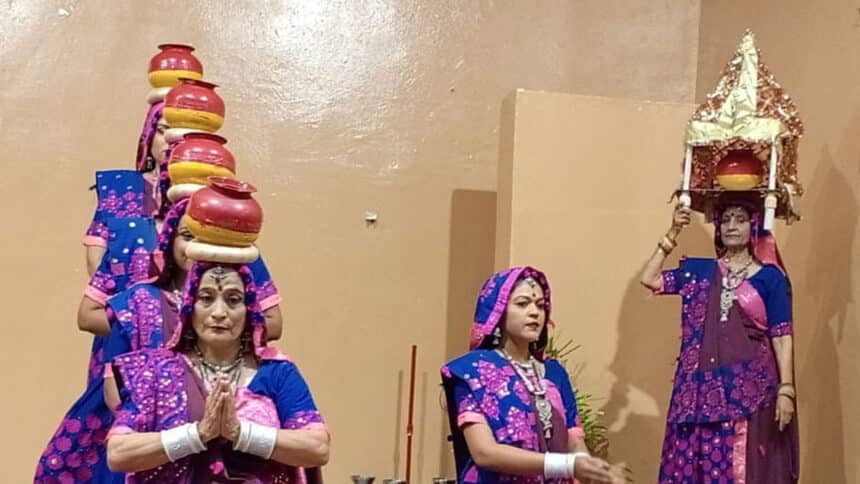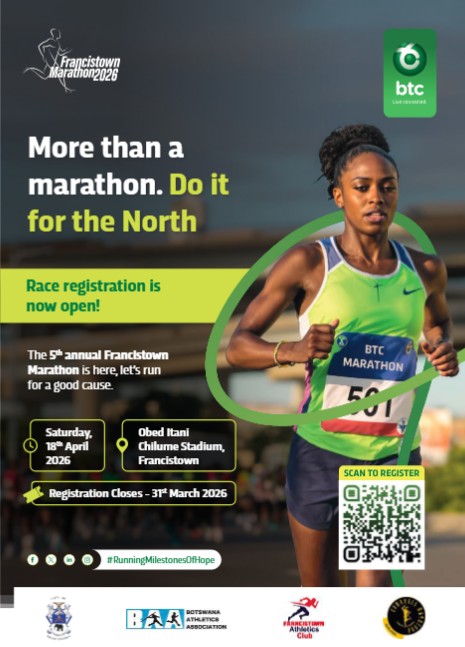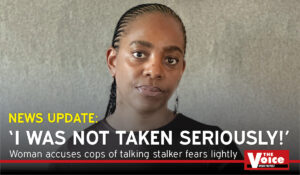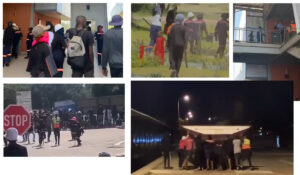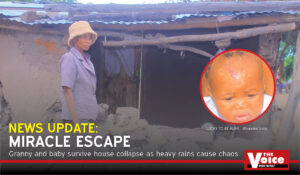Indian troupe thrills Ghetto
Having already thrilled the people of Kasane with their dazzling dance moves, on Thursday, Indian cultural troupe, Niyati Sanskrutik Parivar brought their colourful show to the second city.
Held at the Civic Center, the fun-filled event attracted a wide array of Francistowners, as young and old, black and white came together to witness the unique spectacle that is the Garba Dance.
Originating from the Indian state of Gujurat, the high-energy folk dance is a hypnotizing mesh of colour, culture and pure talent.
Clad in their free-flowing, intricate three-piece dresses – known as lehenga choli – the all-female group whirled around the stage in a flash of purple, the dances starting slow and building in tempo in time to the beat.
Weighed down by necklaces and an assortment of bangels, with garba pots balanced atop their heads, the dancers moved with weightless, spell-binding ease.
“What is this magic?” a pantsula in the crowd wondered out loud.
Explaining the significance of the Garba Dance, Acting High Commissioner of India to Botswana, Anandamay Baidya told Voice Entertainment it symbolises celebration, devotion, and gender inclusivity.
Earlier this month, the dance received UNESCO’s Intangible Cultural Heritage (ICH) tag – meaning it is now officially recognized as part of Gujurat’s cultural heritage.
“The dance form of Garba stands as a unifying force, fostering social equality and strengthening community bonds. Garba is a celebration of life, unity, and our deep-rooted traditions. Its inscription on the Intangible Heritage List showcases to the world the beauty of Indian culture. This honor inspires us to preserve and promote our heritage for future generations,” noted Baidya.
After dazzling in Ghetto, the troupe then headed to Gaborone, where they performed the next day. They were in the country as a joint venture between the Indian High Commission, Indian Council for Cultural Relations (ICCR), and the Botswana Government.



